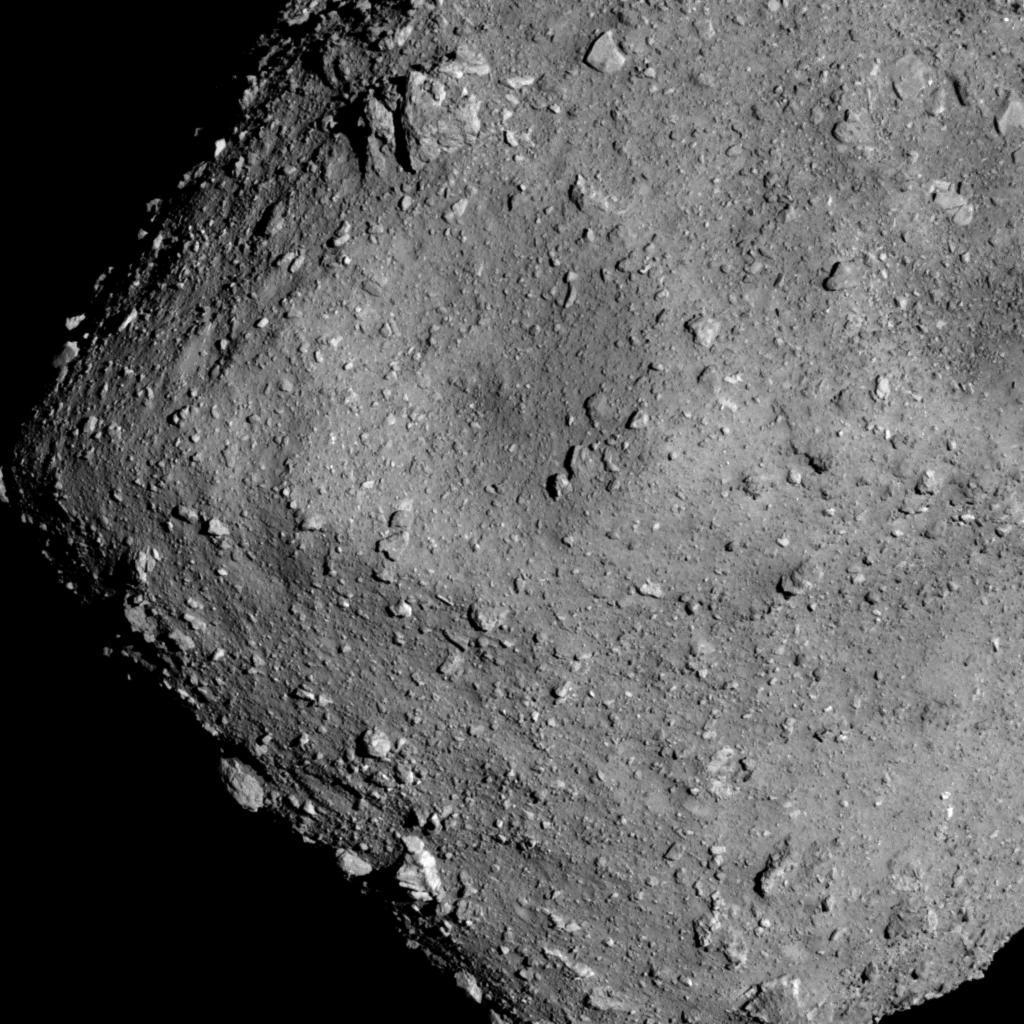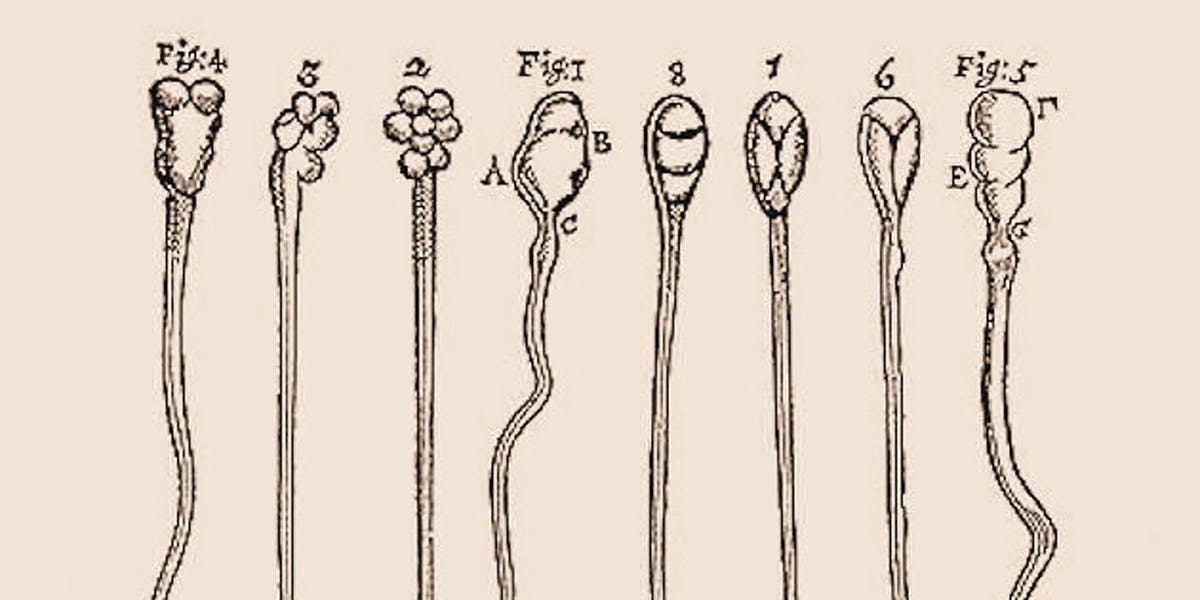Page 9634
Jul 27, 2018
Changes in Sperm RNA May Shape Future Generations, Scientists Warn
Posted by Genevieve Klien in categories: biotech/medical, ethics, satellites
While the rest of the world debates the ethics of designer babies, a team at the University of Massachusetts Medical School (UMass) have shown that we might not need CRISPR to change the genes of future generations. Their paper, released this week in the journal Developmental Cell, shows that things like diet and stress might affect some crucial genetic components of sperm, and that these tiny changes have real effects on how babies develop.
The same way rockets bound for outer space contain “payloads” like satellites, or astronauts who battle giant balls of urine, sperm are also like little rockets containing their own cargo: “small RNAs.” This study found that not only do RNA sequences play a crucial role in how genes get expressed early on in human development, but they can also be radically changed by the lifestyles of fathers. Things like diet, and in particular, stress can change the makeup of this crucial RNA cargo and lead to observable changes in offspring, says researcher Colin Conine, Ph.D., at UMass Medical School’s Rando Lab.
“Labs all over the world have been able to link changes in dad’s lifestyle to changes in RNA in the sperm, and then that leads to phenotypes in the offspring,” Conine tells Inverse. “Our study was one of the first to really look at how changes small RNAs affect early development. We wanted to ask, what are the first steps that lead to these phenotypes down the road?”
Jul 27, 2018
Artificial intelligence has learned to probe the minds of other computers
Posted by Genevieve Klien in categories: information science, robotics/AI
Jul 27, 2018
The 2018 Conference on Artificial Life
Posted by Marcos Than Esponda in category: robotics/AI
Had fun reading some papers from the just finished Artificial Life Conference. Reading about adversarially-trained neural networks engaging in coevolutionary interactions for example.

Harvesting plants in microgravity with resident farmer, astronaut Ricky Arnold, studying tiny organisms and their big role in astronaut health and uncovering how the crew catches 💤’s aboard the International Space Station. For all this and more, watch the latest episode of NASA’s Space to Ground:
Jul 27, 2018
Uc Berkeley Aging Research And Technology Innovation Summit
Posted by Steve Hill in categories: innovation, life extension
August 17th sees our friends at UC Berkeley hosting an aging research summit which is shaping up to be pretty interesting.
Please join us for a day of speakers, awards, poster sessions, and valuable networking focused on cutting-edge aging research and technologies. Our aim is no less than to reimagine aging and elder care. A percentage of the proceeds from this event will support scholarships for students interested in research on aging & elder care…
Jul 27, 2018
Incredible flying car concept soars silently through the air and can take off and land anywhere
Posted by Klaus Baldauf in category: transportation
Design firm Volerian recently displayed its concept for a vertical takeoff and landing (VTOL) vehicle at the recent Farnborough International Airshow 2018.
Volerian says its propulsion system can be used in most situations where a propeller or fan would normally be used.
This applies to both conventional and VTOL propulsion and to large and small aircraft.
Jul 27, 2018
How Is AI Used In Healthcare — 5 Powerful Real-World Examples That Show The Latest Advances
Posted by Genevieve Klien in categories: biotech/medical, robotics/AI
Healthcare can be transformed with the innovation and insights of AI and machine learning. From robot-assisted surgery to virtual nursing assistants, diagnosing conditions facilitating workflow and analyzing images, AI and machines can help improve outcomes for patients and lower costs for providers.
Jul 27, 2018
Cost of flood losses in Maritimes could increase
Posted by Bill Kemp in categories: climatology, finance, sustainability
The financial costs of flooding in Canada’s maritime region could spike by 300 per cent by the end of the century if steps are not taken to address the impacts of climate change.
A study done by researchers at the University of Waterloo looked at the Halifax, Nova Scotia area, a region hard hit by recent riverine flooding. The team, made up economists, geographers and political scientists, merged data on flood probability, climate change and financial payout information from the insurance/re-insurance market and used the information to develop a forecast.
“Until recently there hasn’t been a lot of work exploring what increased flooding will cost, and who will get stuck with the bill,” says Andrea Minano, coordinator of the Canadian Coastal Resilience Forum (CCRF) and a researcher at Waterloo’s Faculty of Environment. “The increases in flood losses put into question the long term insurability in the Halifax area, and highlight a broader problem facing many other areas in Canada if no actions are taken to mitigate and adapt to climate change.”
Jul 27, 2018
Deglacial changes in western Atlantic Ocean circulation
Posted by Bill Kemp in categories: chemistry, climatology, sustainability
A new study carried out by an international team of researchers, using the chemistry of ocean sediments has highlighted a widespread picture of Atlantic circulation changes associated with rapid climate change in the past.
The new integrated dataset, published today in the journal Nature Communications, provides new insights into the interactions of melting ice, ocean circulation and climate change, with potential implications for future long-term changes in the Earth systems with global climate change.
Dr. Hong Chin Ng from the University of Bristol’s School of Earth Sciences, is the study’s lead author.
Continue reading “Deglacial changes in western Atlantic Ocean circulation” »

















